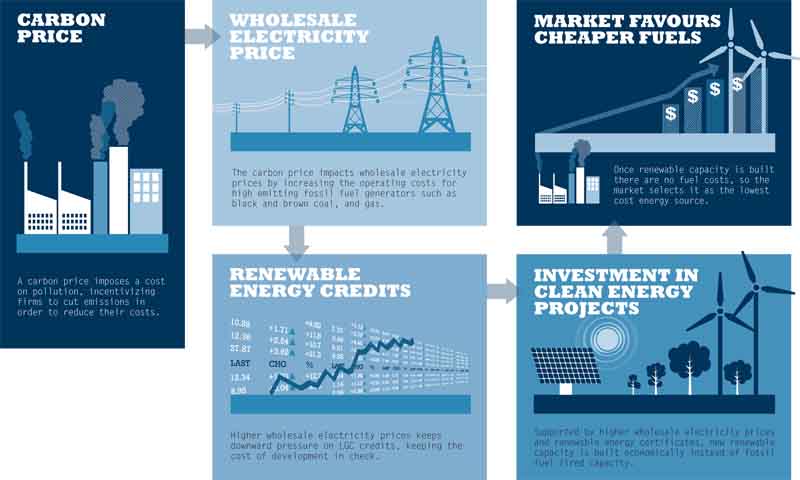Monthly Archives: August 2013
By Kerry Burke, University of Newcastle
Renewable energy seems to be on a roll. One million Australian homes have rooftop solar cells. There’s so much renewable energy it’s reducing wholesale electricity prices. But then, that old chestnut pops up: reliability. How do we make energy when there’s no sun?
When the heat is on,.
By Sara Bice, University of Melbourne
“Events over the past couple of years have raised profound questions about the ways in which banks and businesses contribute to society. For both to play their full part, they must restore trust and become better citizens in a publicly demonstrable way.” So writes disgraced Barclay’s CEO Bob Diamond.
By Andrew Campbell, Charles Darwin University; Andrew Blakers, and Stuart Blanch, Charles Darwin University
Northern futures, northern voices: It seems everyone has ideas about how Australia’s north could be better, but most of those ideas come from the south. In this six-part weekly series, developed by the Northern Research Futures Collaborative Research.
By Sunanda Creagh, The Conversation
Two peak bodies for science researchers today welcomed the release of the Department of Agriculture, Fisheries and Forestry’s Science Strategy 2013-2018, a document that aims to ensure government policy is informed by science.
The strategy underlined the importance of science to public policy development, said Andrew Metcalfe AO, Secretary.
 The report, prepared by specialist carbon and energy research firm RepuTex, also found it.
The report, prepared by specialist carbon and energy research firm RepuTex, also found it.
By Chris Dunstan, University of Technology, Sydney
The traditional electricity industry has been stunned by the enthusiastic uptake of solar panels across the nation. Why? Because rapid uptake of rooftop solar power, solar hot water and energy efficiency technologies are eroding the profits of coal fired power stations, retailers and network businesses.
It’s no surprise.
By Katherine Christ, University of South Australia; Joanne Tingey-Holyoak, University of South Australia, and Roger Burritt, University of South Australia
With an increasingly complex assortment of green tape and initiatives such as emissions trading schemes, environmental issues are no longer solely associated simply with a corporate conscience; they are synonymous with business strategy.
